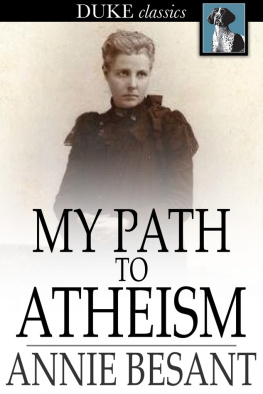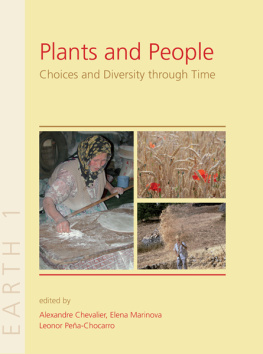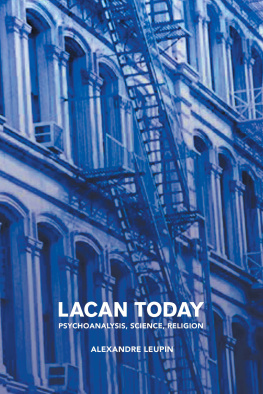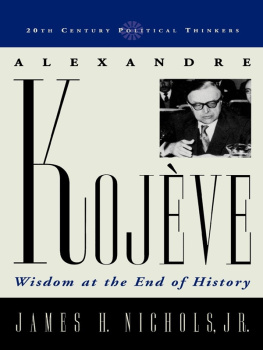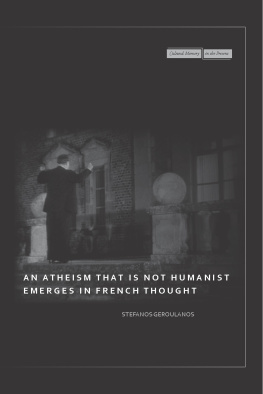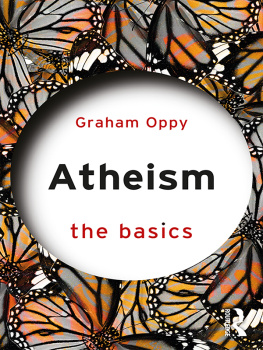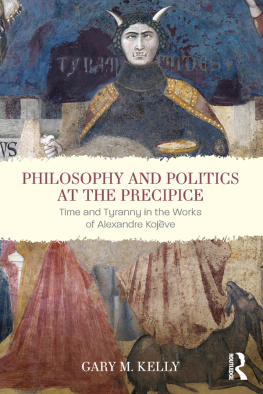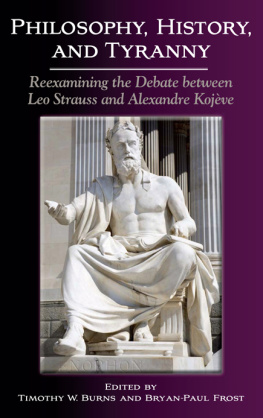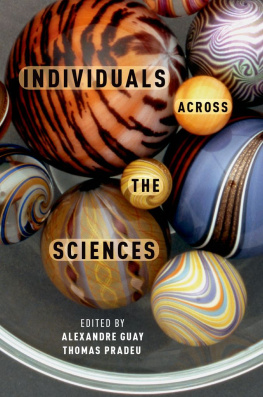Alexandre Kojève - Atheism
Here you can read online Alexandre Kojève - Atheism full text of the book (entire story) in english for free. Download pdf and epub, get meaning, cover and reviews about this ebook. year: 2018, publisher: Columbia University Press, genre: Religion. Description of the work, (preface) as well as reviews are available. Best literature library LitArk.com created for fans of good reading and offers a wide selection of genres:
Romance novel
Science fiction
Adventure
Detective
Science
History
Home and family
Prose
Art
Politics
Computer
Non-fiction
Religion
Business
Children
Humor
Choose a favorite category and find really read worthwhile books. Enjoy immersion in the world of imagination, feel the emotions of the characters or learn something new for yourself, make an fascinating discovery.

- Book:Atheism
- Author:
- Publisher:Columbia University Press
- Genre:
- Year:2018
- Rating:3 / 5
- Favourites:Add to favourites
- Your mark:
- 60
- 1
- 2
- 3
- 4
- 5
Atheism: summary, description and annotation
We offer to read an annotation, description, summary or preface (depends on what the author of the book "Atheism" wrote himself). If you haven't found the necessary information about the book — write in the comments, we will try to find it.
Atheism — read online for free the complete book (whole text) full work
Below is the text of the book, divided by pages. System saving the place of the last page read, allows you to conveniently read the book "Atheism" online for free, without having to search again every time where you left off. Put a bookmark, and you can go to the page where you finished reading at any time.
Font size:
Interval:
Bookmark:
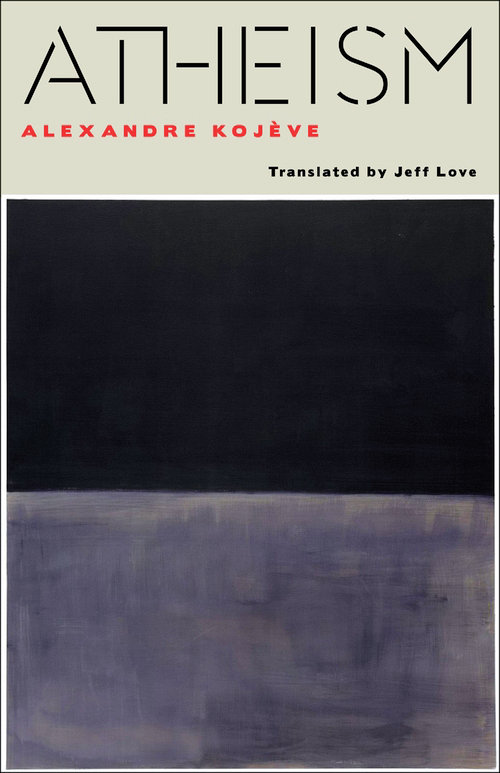
ATHEISM
ATHEISM
ALEXANDRE KOJVE
TRANSLATED BY
JEFF LOVE
Columbia University Press New York
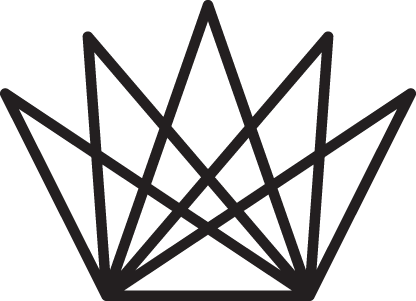
Columbia University Press
Publishers Since 1893
New York Chichester, West Sussex
cup.columbia.edu
Atheisme by Alexandre Kojve Editions GALLIMARD, Paris, 1998
English translation 2018 Columbia University Press
All rights reserved
E-ISBN 978-0-231-54229-6
Library of Congress Cataloging-in-Publication Data
Names: Kojeve, Alexandre, 19021968, author.
Title: Atheism / Alexandre Kojeve ; translated by Jeff Love.
Other titles: Atheisme. English
Description: New York : Columbia University Press, 2018. | Includes bibliographical references and index.
Identifiers: LCCN 2018007541 | ISBN 9780231180009 (cloth : alk. paper)
Subjects: LCSH: Atheism.
Classification: LCC BL2747.3 .K63513 2018 | DDC 211/.8dc23
LC record available at https://lccn.loc.gov/2018007541
A Columbia University Press E-book.
CUP would be pleased to hear about your reading experience with this e-book at .
Cover design: Julia Kushnirsky
Cover image: Mark Rothko, Untitled 1998 Kate Rothko Prizel & Christopher Rothko / Artists Rights Society (ARS), New York
For my brother Jon and his wife, Nancy, and for Gloria, Jack, Dylan, and Garrett

CONTENTS
I would like to express my thanks to the late Michael Holquist for reviewing this project when he was already seriously ill. I would also like to thank Nina Kousnetzoff for her support as well as my colleague Michael Meng for reading drafts of the translation and providing me with incisive comments. Finally, I am grateful to Wendy Lochner for her attentiveness, fine advice, and unflagging encouragement from the very beginning of this project.
People who are content with themselves and especially with their philosophy are not only bad philosophers and people but they are also not interesting.
A. Kojve
A lexandre Kojve belonged to an astonishing generation of Russian artists, intellectuals, and political agitators who played a decisive role in shaping the twentieth century. While Kojve spent most of his life in Paris and changed his name (he was born Aleksandr Vladimirovich Kozhevnikov in Moscow in 1902), he never repudiated his Russian roots and remains one of the most brilliant (and influential) figures of the so-called Russian diaspora, the great migration of Russians that followed upon the revolution of 1917. Kojve initially became famous for his lectures at the cole pratique des hautes tudes on G. W. F. Hegels Phenomenology of the Spirit (1807). Kojve gave these lectures between 1933 and 1939 to a spellbound audience that included an eclectic mix of individuals who would have an extraordinary influence on French intellectual life in the twentieth century, such as Raymond Aron, Georges Bataille, Henry Corbin, Jacques Lacan, Emmanuel Lvinas, Maurice Merleau-Ponty, and Raymond Queneau. Kojve fled to Vichy France in 1941 and returned to Paris after the end of the war. Rather than continue in any academic capacity, Kojve became an important, if largely hidden, influence on French political life and was an architect of the treaty that would become the founding document of the European Union. He died in Brussels on June 4, 1968, while giving a speech to officials of the European Economic Community.
Although Kojve is best known for his Hegel lectures, published under the editorship of Raymond Queneau in 1947 as Introduction to the Reading of Hegel , he left behind a wealth of unpublished material, twenty-one boxes in the Fonds Kojve at the Bibliothque Nationale de France. This material includes a large manuscript in French on quantum physics completed in 1929; an even larger manuscript in French on the concept of right, or droit , completed in 1943; a nine-hundred-page manuscript in Russian written in 19401941 that seems to be a reformulation of the Hegel lectures, and other significant works on Kant, the problem of the continuum (written in German), and Buddhism. This material includes the present work, Kojves essay or article (his term) on atheism written in Russian in 1931. This essay remains incomplete, a draft or work in progress, and shows many signs of hesitation, especially in the extensive and often fascinating notes, quite a few containing reminders for Kojve himself. Kojve appears to have abandoned the comprehensive project he first outlines toward the end of the essay after he completed the draft that forms the basis of my translation. It was first published in French in 1999 under the direction of Laurent Bibard, with a translation by Nina Ivanoff, Kojves longtime companion. A subsequent Russian edition appeared in 2007 under the direction of A. M. Rutkevich.
Several commentators have noted how important this incomplete text is to understanding Kojves thought not simply as commentary on Hegel but as a more independent exploration of an issue that was not only central to Kojve but to several generations of Russians. Though it is no doubt a clich to assert that some of the most important figures in the feverish intellectual life of Russia in the late nineteenth and early twentieth centuries were God-haunted, like most clichs this one contains an important kernel of truth. The great novels of Fyodor Dostoevsky provided such a radical and intense exploration of the importance and consequences of faith and loss of faith that they contributed to new ferment in Russian religious consciousness that would play a fundamental role in the dynamic Russian cultural scene of the first quarter of the twentieth century. This ostensive Russian religious renaissance provocatively put the question of God into the forefront of Russian cultural debate in stark contrast to the radical atheism proclaimed as a crucial assumption of many progressive political movements of the time including those adherents of the intelligentsia who would spearhead the revolution of 1917. Hence, the question of God was hardly an academic one in Russian life: it struck to a core conflict among differing political orientations and their visions of the future not only for Russia but for the entire world. A strong hint of Messianism was never absent in Russian political conflicts during this period, whether Russia was to be a bastion of faith, the world-historical star rising in the East proclaimed by Dostoevsky and Vladimir Soloviev, the indispensable Russian philosopher of the nineteenth century, or the universalist progressive (and, of course, atheist) savior of the Russian revolutionary movements.
Kojves essay intervenes in these debates and, in so doing, shows the political orientation that was always central to Kojves thinking. To express the matter with utmost concision: atheism for Kojve puts in question the possibility of there being any vantage point that is not primarily political, not primarily a position taken from within the world or within the city or state as central organizational components of that world. Kojves sharpest questioning (repeated in somewhat different form much later in his debate with Leo Strauss about tyranny If for some this may be merely a reflection of Kojves Marxist orientation, it seems to me that the true value of his essay is its open-ended exploration of the issue on its own terms and within the context of Kojves impressive erudition. In both these respects, Kojves essay is very much an essay in the sense of the originator of the essay genre, Michel de Montaigne: it is exploratory, tentative, perplexed, evincing a capacious and restless mind. Rather than the work of a clever ironist or dogmatic Hegelian, the Kojve of this essay is both deadly serious and intent on exploration, as some of the essays most powerful sections on estrangement, death, and the infinite amply demonstrate.
Font size:
Interval:
Bookmark:
Similar books «Atheism»
Look at similar books to Atheism. We have selected literature similar in name and meaning in the hope of providing readers with more options to find new, interesting, not yet read works.
Discussion, reviews of the book Atheism and just readers' own opinions. Leave your comments, write what you think about the work, its meaning or the main characters. Specify what exactly you liked and what you didn't like, and why you think so.

